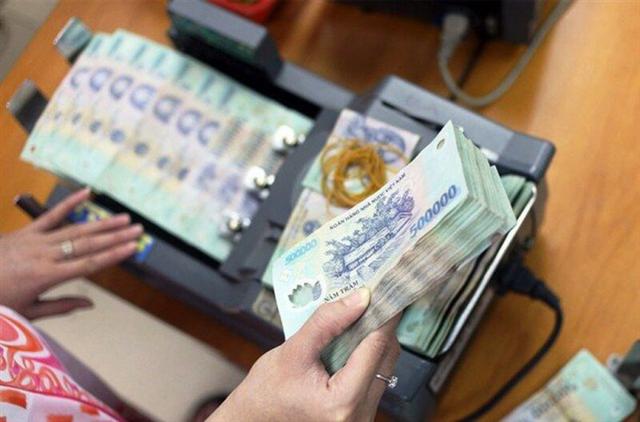Vietnam PM enacts 30% cut in 2020 corporate income tax
Vietnam PM enacts 30% cut in 2020 corporate income tax
Under the decree, enterprises’ revenue would be the main criteria to assess whether they are qualified for such a tax reduction.
Prime Minister Nguyen Xuan Phuc on September 25 signed off government Decree No.114/2020/ND-CP, stipulating a cut of 30% in the corporate income tax (CIT) for enterprises having their revenue of less than VND200 billion (US$8.61 million) in 2020.

The tax amount forgone as a result of a 30% cut in corporate tax would be around VND23 trillion (US$987.41 million).
|
Under the decree, enterprises’ revenue would be the main criteria to assess whether they are qualified for such tax cut.
The decree, scheduled to take effect for this fiscal year, stated for enterprises expecting their revenues of less than VND200 billion (US$8.61 million) in 2020, they would pay 70% of their corporate taxes in quarter, and later apply for a CIT cut by the year-end.
On June 19, Vietnam’s National Assembly (NA) ratified the government’s proposal to lower 30% of CIT for businesses with revenue under VND200 billion (US$8.61 million).
Chairman of the NA's Committee of Finance – Budget Nguyen Duc Hai said the tax amount forgone as a result would be around VND23 trillion (US$987.41 million).
Before the voting, many deputies voiced concern that the business community is in need of more direct and substantial support, rather than a CIT cut to recover from the Covid-19 pandemic.
At a NA hearing on June 11, Minister of Finance Trinh Dinh Dung said the majority of the business community would benefit from this policy as 97% of total enterprises in Vietnam are of small and medium size.
To date, the government has rolled out supporting programs such as a credit aid package worth VND300 trillion (US$12.87 billion), including a VND180-trillion (US$7.63 billion) fiscal stimulus package in forms of delay of payment of value-added tax, corporate income tax, and a financial support package for vulnerable people worth VND62 trillion (US$2.7 billion).




























